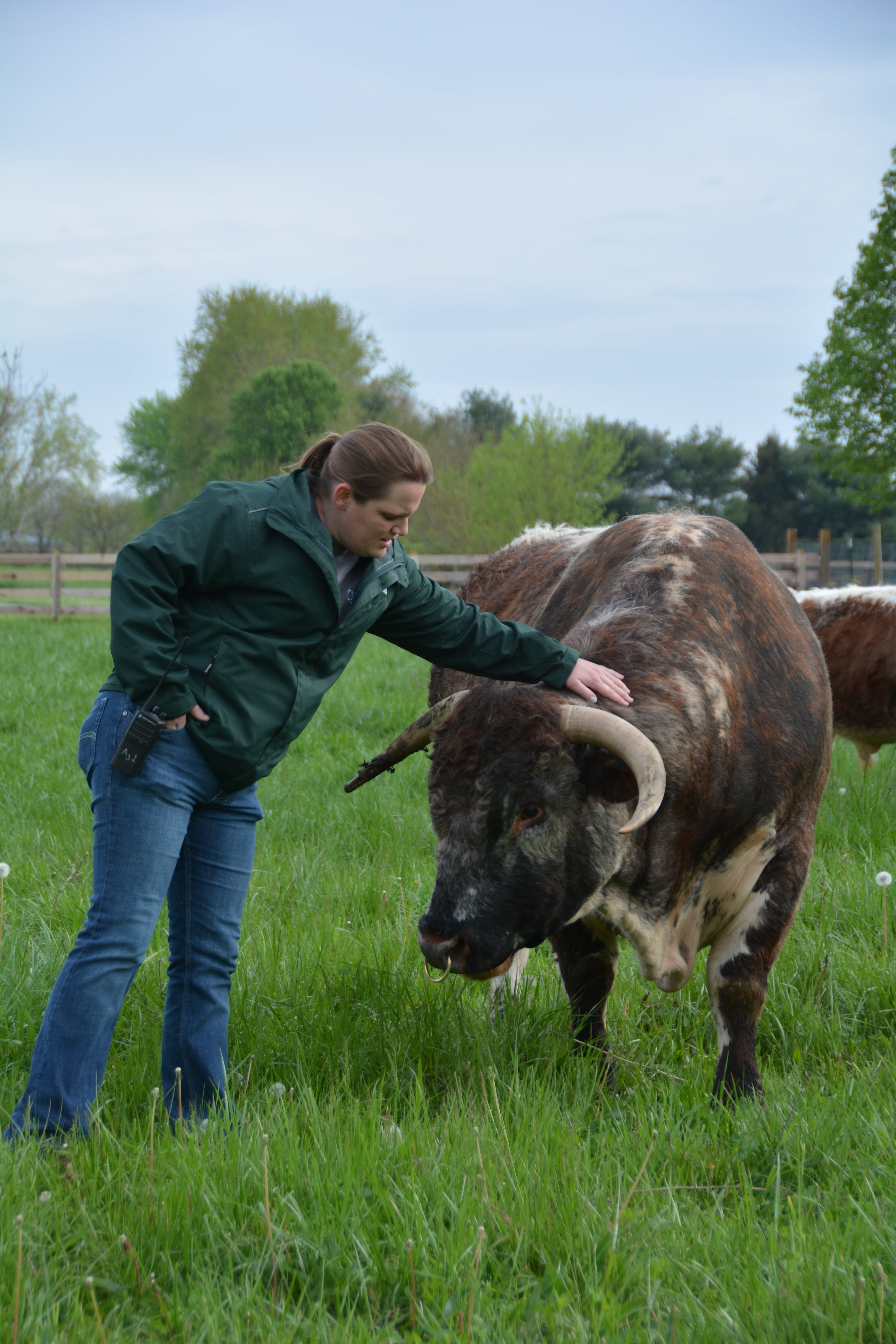Stay Informed
Museum uses livestock as living history exhibits
Heritage livestock is important to Conner Prairie, an outdoor museum in Fishers, Indiana, for at least three reasons.
The first is historical: One of the museums top attractions is a 19th-century village that allows visitors to interact with the people, objects, activities and animals found in central Indiana in 1836. Among those animals are Arapawa goats, English Longhorn cattle, Ossabaw hogs, Tunis sheep and American rabbits.

“We try to focus on breeds that would have been here in 1836 Indiana or around that time period,” said Stephanie Buchanan, director of agricultural initiatives at Conner Prairie. In cases where the desired breed has gone extinct or is unknown, Conner Prairie uses a breed that fits the description of what farmers in 1836 Indiana had
Another reason is breed preservation. Some of Conner Prairie’s heritage breeds are exceptionally rare, particularly the English Longhorns.
"There's definitely fewer than 100 of those cattle in the country and probably closer to 50,” Buchanan said. Fortunately, England has spearheaded a successful preservation effort, so American herds have access to those genetics – though that access is expensive and requires intensive management.
“It's definitely a long and involved process. But it's important for genetic diversity,” she said.
The other reason is educational. Heritage breeds are an important part of Conner Prairie’s outreach efforts to schools and the general public.
“A lot of people have never seen a goat up close or been able to interact with a cow or anything like that, especially in this area. So at a very basic level, we're able to provide those experiences for people who don't even have that foundation.”




